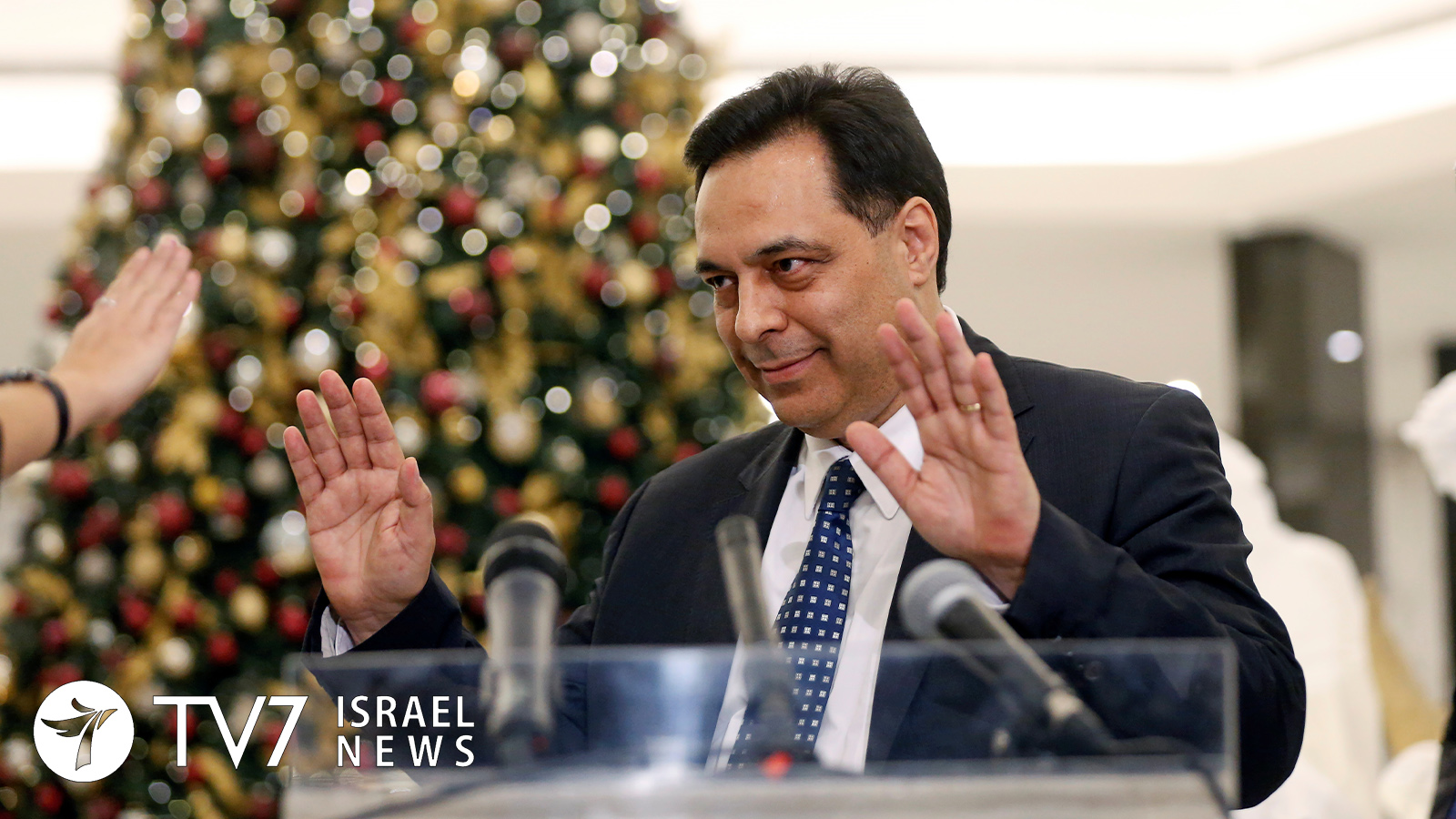Almost two months of political deadlock has seemingly come to an end in Lebanon, where President Michel Aoun has announced that Former Minister of Education Dr. Hassan Diab will be appointed the next Prime Minister. According to the Director General of the Lebanese Presidency Antoine Choucair, “His excellency the President called for a meeting at 17:45 local time with the honorable Mr. Hassan Diab to task him to form a government.”
Diab’s designation follows failure by the Western and Saudi-backed political bloc of former Prime Minister Saad al-Hariri to secure support for a coalition of non-political ‘technical experts’ figures entrusted to overcome economic woes and root out government corruption in response to mass public protests. Salim Al-Jisr, Deputy of (Western-backed) Future Movement Bloc commented that, “You all know that our bloc suggested to form a technocrat government, but it seems that this suggestion wasn’t accepted by a lot, so we informed the president that the block will not nominate anyone for prime minister.”
Primary opposition to the proposed-technocratic government was expressed by the Iranian-backed Hezbollah bloc, which refused to relinquish power and instead succeeded in securing Diab’s nomination. Hezbollah bloc leader Mohammad Raad wished Diab success “in his national duty,” which he insisted resulted from majority-support and that “all Lebanese people are looking forward to.”
In his first address to the nation, the newly-nominated Lebanese premier vowed to quickly form a government that would make every effort to pull the country out of its worst economic crisis since Lebanon’s 1975 to 1990 civil war. He also promised to restore the confidence of Lebanon’s citizens in their country, while emphasizing it is “imperative” to safeguard national unity “by consolidating bridges of understanding between all Lebanese people.”
Despite Diab’s call, thousands of people took to the streets of numerous cities against the appointment of a candidate they believe is part of the same corrupt political system against which they have been demonstrating. “We are here today,” Marwa El Bacha told told Reuters, “because we are not satisfied with the newly-imposed prime minister,” he repeated “was imposed without our consent nor the consent of many in Lebanon. So we went to the streets to make our voices heard.” Another Lebanese anti-corruption protester identified as Nehme Mahfoud insisted the Diab government owe a responsibility to address the mass demonstrations that erupted on October 17,” but also “the Arab world and the International community.” He added that “It’s as if no one came down to the streets, as if Lebanese are in a state of servitude,” saying that it seems the government was continuing a long a path in which “they are living in one time and the people are living in a different time.”
Activist Jamal Issa said “We refuse this name and all the nominated candidates – because they don’t represent the movement of protesters, don’t respond to our demands of speak in our name.” He then alleged that the Lebanese people were still the victims of a ruling-elite engaged in “nominating and doing whatever they want.”
